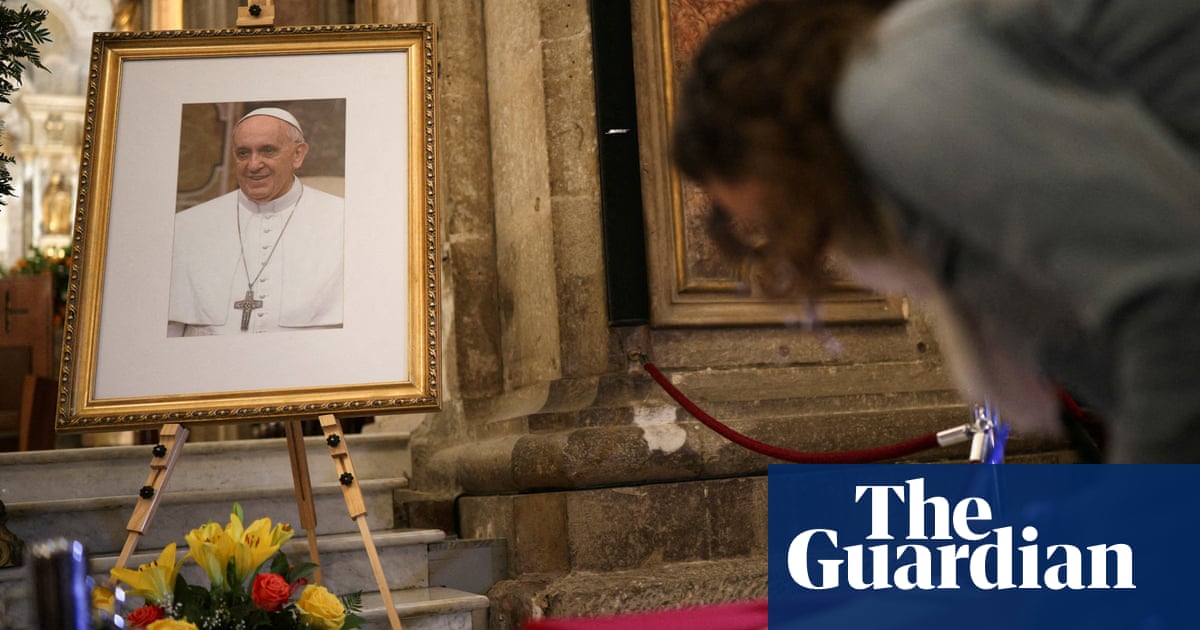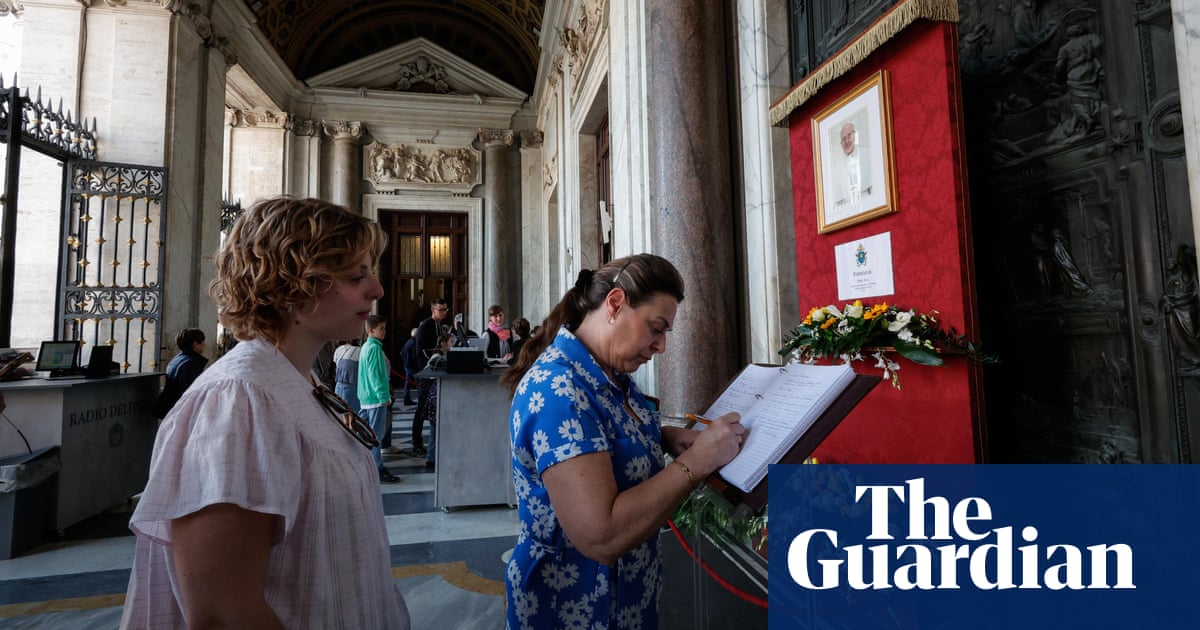He made his name as the thrill-seeking author of the cult novel On the Road, an anti-establishment icon of the beat generation. But the extent of Jack Kerouac’s deep spirituality is now revealed in his Buddhist writings, which are to be published for the first time.
About 30 semi-autobiographical spiritual and soulful stories, musings and poems – with titles such as The Long Night of Life and A Dream Already Ended – have been unearthed more than half a century after his death. All but two short snippets are previously unpublished.

Jack Kerouac: The Buddhist Years, which will be published by Rare Bird Books in the spring, reflects his interest in Buddhism, to which he turned during difficult times in the 1950s.“The joys of life elude the angry man,” Kerouac wrote in The Story Just Begins. One of his characters says: “The only wrong I’ve ever done is believe that wrong exists and to go around with that idea in my head and look at everybody through such eyes.”
The book’s editor, Charles Shuttleworth, told the Observer that Kerouac was “at his prime as a writer” at the time and at “his soulful best”. He added: “This is a trove of fascinating material that takes readers ever deeper into Kerouac’s psyche, all written in his free-flowing, expressive style.
“The writing is earnest and full of yearning – desires for understanding and transcendence, his wish to be a better person.”
Kerouac faced serious health problems in the 1950s, and the break-up of his relationship with his lover, Alene Lee, partly due to his drinking.
It was also the decade in which he struggled to find a publisher for On the Road, an experimental semi-fictional account of his own adventures travelling with Neal Cassady.

Written over three weeks in 1951, it is about “two guys hitchhiking to California in search of something they don’t really find”, he wrote. It was typed without paragraphs or page breaks on a continuous sheet of paper, more than 119ft long, taped together and “rolling, like the road itself”, as his friend Allen Ginsberg put it.
Kerouac was plagued by insecurity and anger at the publishing industry over its repeated rejections of his book. But it was eventually published in 1957, when he was 35, and sold millions of copies. He died 12 years later, from cirrhosis, after a life of heavy drinking.
Kerouac found solace in Buddhism. Shuttleworth unearthed the Buddhist material from his sprawling archive, the bulk of which is in the New York Public Library. “When Kerouac died in 1969, his widow just didn’t allow access to the material,” Shuttleworth said. “Kerouac was writing all the time and so his archive is just vast … The literary executor has allowed much more access to scholars.”
after newsletter promotion

The new volume includes an untitled piece, in which Kerouac wrote: “I was born into the fault sour sea of suffering at five o’clock in the afternoon when the sun was blood red on the rooftops of Centralville, March, snow thawing, whoever I was, coming prepared and freighted with brain body, moist eyeballs fresh for sight, mouth & nose, & butter flesh made to melt in the transient forge of life time, and family name, Kerouac, and equipment for defense, aggression, withdrawal, & grave, wondering instantly on sight of the grainy makeup of the portals of the world: why? WHY is the only question.”
In the book’s introduction, Shuttleworth writes: “When he talked about Buddhism, few people listened. The irony is that in the long term … he was unable to live up to Buddhist precepts, re-embraced Christianity, and died alcoholic.”
The volume is the third in a series of previously unpublished material from the Kerouac archive. It follows the publication of collected writings in two earlier books, Desolation Peak and Self-Portrait
Further volumes are planned.
Jim Sampas, literary executor of the Jack Kerouac estate, said: “The Kerouac archive is so rich and so vast … While he was alive, he wrote incessantly, and he saved it all, hoping that it would prove of value to others. It’s a huge record of his life – his feelings, perceptions, and especially with The Buddhist Years, his spirituality.”

.png) 3 months ago
32
3 months ago
32













































